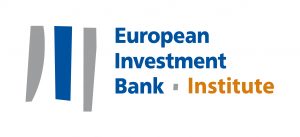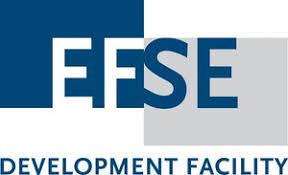How to become an agile MFI? || LiDE Webinar
Track 1: Leadership in digital era
Date: June 17th 2021
Agility is the capability that drives start-ups, successful digital careers and companies. Although fundamentally used in iterative processes of software development, it can be applied also beyond it, stirring up an innovation.
In this webinar, we are discussing the uses of agility in marketing, HR, customer service, as well as in executive teams and boards of directors. The participants will have an opportunity to do a rough assessment of the level of agility in their team/organization. They will get familiar with practical methods of applying agile approach in their daily work with their team, including tips for running short and low-cost experiments, that stir up innovation.
The webinar aims at equipping in practical methods of agility for executive teams as well as anyone, who leads any kind of a team in an MFI.
Webinar timeline:

Our expert
Magdalena Firlit
Scrum Master and Agile Transformation consultant
Magdalena is a Professional Scrum Trainer Scrum.org and Agile Transformation consultant. She helped many organizations on their way toward Agility. She has over 21 years of professional experience and over 12 years in Agile environments. Magdalena shares her experience and knowledge by writing articles and recording videos.
She is also a mentor, speaker, guest lecturer and coach.
The idea was developed based on lessons learnt from the Digital Literacy Bootcamp devoted to digital transformation in microfinance.
Digitalize or die – offering services online is no longer an alternative for MFIs; it is the way as people all over the world change their preferences towards any type of brand and sector. However, today’s leaders must manage not only an organization that undergoes a digital transformation.
The ongoing COVID-19 pandemic boosted the fact that more and more employees work remotely. They have been suddenly forced to deal with work challenges in a time of volatility, anxiety, fast changing circumstances and many uncontrolled risks. Thus, the leaders manage people that live in a VUCA world (volatile, uncertain, complex, ambiguous). They manage virtual teams that often consist of three generations (X, Y, Z) with varying skills and attitudes.
This requires leaders to make sure they improve skills like emotional intelligence, managing generational differences, and building an organizational culture that embraces fast changing consumers’ preferences and fashion, driven by accelerating technology.


